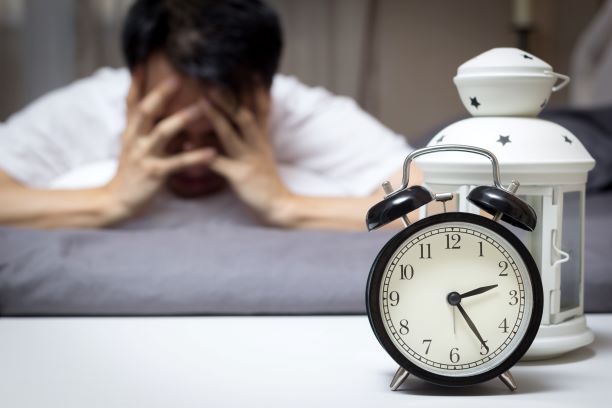In an article from the American Sleep Association they recommend some of the basics to start with such as avoiding caffeine for several hours before bedtime. They report that brainwave patterns during can continue to show effects of a double espresso coffee 16 hours after it was consumed! In the same study, the measurable level of caffeine spit showed the caffeine to be gone.
Caffeine is reported to be the most widely consumed psychoactive drug in the world. It’s followed by tea, pop, and energy drinks.
If you are having problems with insomnia, try to stop all caffeine by lunch-time for a couple weeks and see if your insomnia improves. Caffeine can also act by arousing you out of deeper sleep which may be noticed as you not feeling rested despite having slept for 7 or more hours without consciously waking up.
Besides caffeine, sleep breathing disorders (snoring, sleep apnea, Upper Airway Resistance) also affect sleep quality and depth. It can also leave you feeling unrested in the morning on a consistent basis. UARS is especially prevalent in pre-menopause and menopause. Hormones are protective against airway collapse and as they decrease, sleep breathing disorders tend to show up.
Typically sleep apnea is reported by bedpartners as loud snoring, pauses in breathing – sometimes with a gasp, jerks while sleeping, lack of dreaming, among other signs and symptoms. Women with UARS rarely snore or aren’t aware of waking throughout the night; they just feel unrested.
Atrial Fibrillation (A-Fib, an abnormal heart rhythm) is associated with sleep apnea due to the interruptions in oxygen that irritate the heart muscle/blood flow. Drug resistant hypertension (high blood pressure) is also associated with sleep breathing disorders, especially in a single drug is ineffective at controlling your hypertension.
There is no identifiable reason or genetic link for sleep that can be found. Our bodies decay daily and our creator made a complex biochemical self-reboot mechanism to refresh our brains, bodies, and every system needed for being awake in every creature. It’s fascinating to learn about the small details of what sleep does and, the differences between men and women in some aspects of sleep.
If you’re having trouble with sleep, ask your physician about a sleep study, or see a sleep specialist. Dentists such as myself who are credentialed in Dental Sleep medicine work closely with physicians to get people screened and treated for their sleep disorders. Oral Appliance Therapy (OAT) is an effective and easy option for the treatment of Sleep Apnea at any level of severity as well as some other sleep breathing disorders for those who don’t want to use CPAP.




